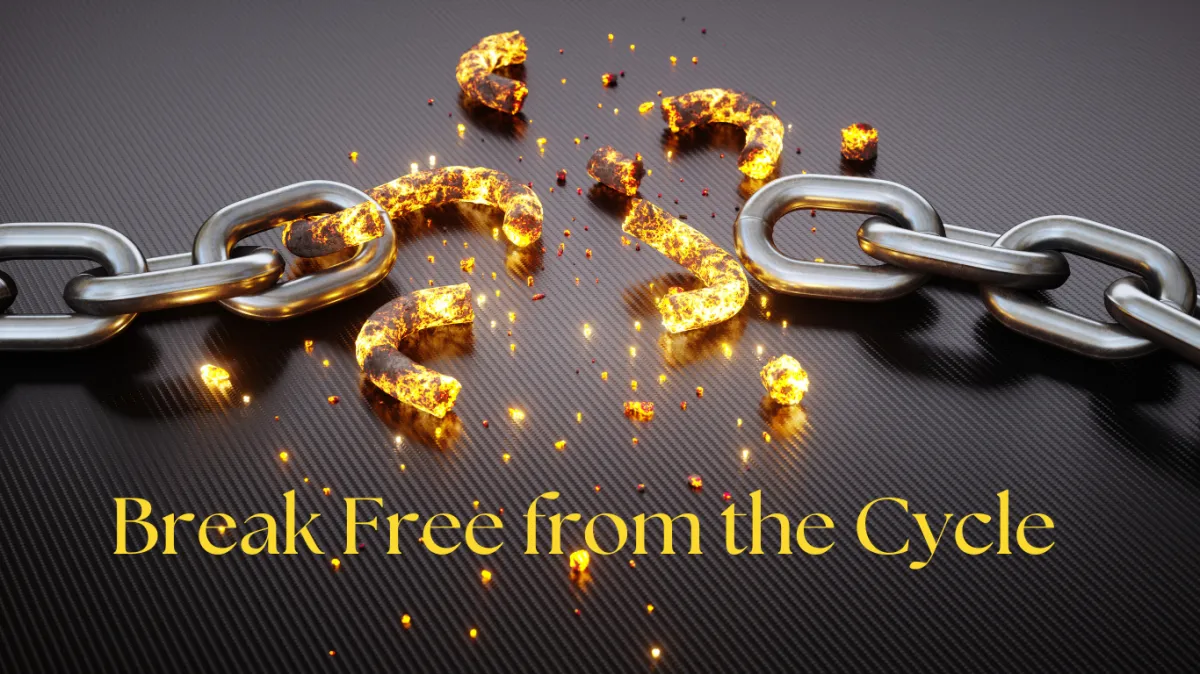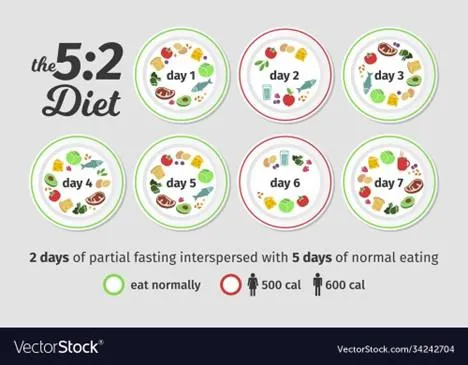TRANSFORM Your Mind, Body, and Spirit with Kairos Coaching!!
🔹True health is more than physical—it's emotional, spiritual, and personal growth. Let’s create lasting change together."
🔹Start Your Journey
ABOUT US
The Time to start is RIGHT NOW!

It’s not a coincidence that you’re here—
timing is everything
, and this is your moment to step into transformation. You’re ready to take your
health, mindset, and spirit
seriously, but the challenge has been knowing
where to start and how to sustain real change.
I created Kairos Coaching
because when I was where you are, I felt lost. There was zero support
for my journey, and I struggled to find guidance that addressed
not just my body, but my mind and emotions too. Through faith, education, and experience, I’ve learned how to navigate
true transformation—beyond just diet and exercise. I’m here to walk alongside you, providing the tools, support, and coaching you need to create lasting change in your health, habits, and life.
🌱
Now is the time to grow.
💡
Now is the time to heal.
🔥
Now is the time to transform.
Let’s do this together.
-------- OUR FEATURES --------
Why We Are the Only Choice
🌿 Wholistic Transformation – Not Just Weight Loss
We go beyond diet and exercise.
Kairos Coaching helps you renew your mind, heal your emotions, and strengthen your body—so you experience real, lasting change from the inside out.
🛠️ Personalized Coaching – No One-Size-Fits-All Approach
Your journey is unique, and so is our coaching. Whether you need
faith-based encouragement, mindset coaching, or practical health strategies, we tailor everything to YOU.
❤️ Faith-Rooted Guidance – Align Your Health with Your Purpose
Your body is a temple, and your health journey is part of your
God-given purpose. We integrate scripture, prayer, and reflection
into your transformation process.
📖 Proven Strategies – Built on Science & Faith
With education in nutrition, mindset coaching, and emotional healing, we combine practical science-backed strategies with faith-based wisdom for a complete approach.
🤝 Community & Support – You Don’t Have to Do This Alone
Kairos Coaching is more than just a program—it’s a community. Whether through group coaching, our membership, or one-on-one sessions, you’ll always have support.
🌿 How We Help You Transform
At Kairos Coaching, we don’t believe in quick fixes—we believe in lasting transformation. True health is about more than just what’s on your plate. It’s about renewing your mind, restoring your body, and realigning your spirit so you can live fully in your purpose.

🌱 Healing from the Inside Out (Chronic Conditions & Health Struggles)
If you’ve been dealing with long-term health challenges, feeling like your body is working against you, or relying on medications to get through the day, you’re not alone. I help you take a wholistic, faith-centered approach so you can start feeling better, not just managing symptoms.

🔄 Break Free from the Cycle (Sustainable Lifestyle Changes)
Maybe you’ve tried every diet, every plan, and still feel like you’re starting over again and again. I help you ditch the guilt and restrictive mindset and build habits that align with your values and season of life—so you can create real, lasting change without burnout.

⏳ Find Clarity, Peace & Progress (When You Feel Stuck & Overwhelmed)
If you’ve ever felt emotionally drained, unmotivated, or stuck in the same cycle, I see you. Transformation isn’t just about what you do—it’s about what you believe. I help you clear mental roadblocks, reconnect with your emotions, and walk in confidence so you can finally move forward in your health and life.
-------- Meet Your Coach --------

Meet Lakeitha – Your Guide to Wholistic Health & Transformation
Lakeitha is a Certified Health & Life Coach
with a deep passion for helping others break free from unhealthy cycles and step into a life of
true well-being—mind, body, and spirit. With years of experience and a heart for transformation, she is dedicated to empowering you with faith-centered guidance, compassionate support, and a system that brings real, lasting results.
What You Can Expect Working with Lakeitha:
✅ A personalized, sustainable approach
—no quick fixes, just real transformation
✅Compassion & accountability
to keep you motivated on your journey
✅Tools to help you take control
of chronic conditions, stress, and emotional well-being
✅ A faith-based foundation
to help you align your health with your purpose
Certifications & Expertise:
📌Clinical Health Coach
– Iowa Chronic Care Consortium
📌Health & Life Coach
– Health Coach Institute
📌Lifestyle Coach
– Diabetes Training & Technical Assistance Center
📌Motivational Interviewing
– Motivational Interviewing Network of Trainers (MINT)
Ready to take the first step?
Let’s work together to create the health and life you were meant for.
📅
[Start Your Journey Today]

How to do the 5:2 Diet for Intermittent Fasting
How to do the 5:2 Diet for Intermittent Fasting
A couple weeks ago, we discussed the Eat-Stop-Eat method of intermittent fasting. We continue our series this week with the 5:2 Diet. With the 5:2 diet, you eat normally for five days of each week and restrict your calories intake to 500-600 calories on the other two days. The two reduced calorie days should not be back-to-back, but rather non-consecutive. It is important to have at least one non-fasting day in between your fasting days.

It’s important to not consume extra calories on your non-fasting days.
You are the expert on your own body. So, plan in advance how you will consume your 500 to 600 calories on fasting days. If you are someone who functions better with breakfast, then have a small breakfast. If you don’t normally eat till afternoon, then plan a lupper meal that is healthy and low-calorie.
Most people who use the 5:2 diet follow one of these two patterns for their fasting days. The first routine is to eat three small meals a day, which are like your normal breakfast, lunch, and supper meals, but consuming reduced calories for each of the three meals and ensuring that you are consuming nutrient rich foods. The second option is to eat two slightly bigger meals during your fasting days. This would be the equivalent to lunch and supper. Once again, keep in mind how you will use nutrient rich foods to make up your 500 to 600 calorie fasting day meals.

With the 5:2 diet, there are gender differences for this diet. If you are a woman, you may only consume 500 calories on your fasting days and men may consume 600 calories on their fasting days. It is crucial to plan and use your calorie budget strategically to ensure that you aren’t hungry before your fasting day is over.
The best foods to consume are nutritious, high fiber, high protein foods that will make you feel full on fewer calories.

Foods that can help to satisfy your hunger on fasting days are soup, a generous portion of vegetables, natural yogurt with berries, boiled, poached, or baked eggs, cauliflower rice, grilled fish or lean protein, low calorie cup soups, black coffee, tea, and still or sparkling water. We recommend you experiment and find what foods work best for you that fit within the 500 to 600 calories count on fasting days.
You can use Google to help you find low calorie recipes and food suggestions for your fasting days. For example, here is s website that offers 27 meal plans for 500-calorie fast days. 5:2 diet meal plans: What to eat for 500 calorie fast days | GoodtoKnow

When you first start fasting, it is not uncommon to feel overwhelming hunger at times. You may feel like you are moving slower or feeling weaker the first couple of times you fast. The feeling of hunger will fade if you stay busy doing errands, housework, or performing work related tasks. In other words, activity distracts you from feeling hungry. For the majority of people, fasting becomes easier after the first couple days that they are fasting.
If you don’t normally fast, it is suggested that you keep a low-calorie, healthy snack handy to consume if you start to feel faint or sick. If this feeling of faintness and sickness are persistent on your fasting days, eat something and discuss this with your family doctor. Don’t be hard on yourself, if you are one of the people whose body is unable to tolerate fasting. Not everyone can fast, especially if you are diabetic. But it is recommended that you check with your family doctor before you begin intermittent fasting of any kind as they are aware of your other health issues and are the best people to help you make the decision whether intermittent fasting is okay for your body.

The 5:2 diet is not recommended for people with eating disorders, who experience blood sugar level drops, pregnant people, nursing people, teenagers, children or people with type 1 diabetes, or people who are malnourished, underweight or have nutrient deficiencies.
While intermittent fasting can be beneficial for some, men appear to benefit more than women. Some women have reported their period stopping when they are on an intermittent fasting diet. If that is the case for you, then you should stop the diet immediately and report it to your family doctor. The majority of women’s period returned when they went back to their regular diet.
If you have any questions about the 5:2 diet you can email me at info@kairoscoachingbylakeitha.com .
For SEO Purposes Only:
#5:2diet #intermittentfasting #health #wellness #weightloss #kairoscoachingbylakeitha
Call
(316) 285-0494
Email:
info@kairoscoachingbylakeitha..com


